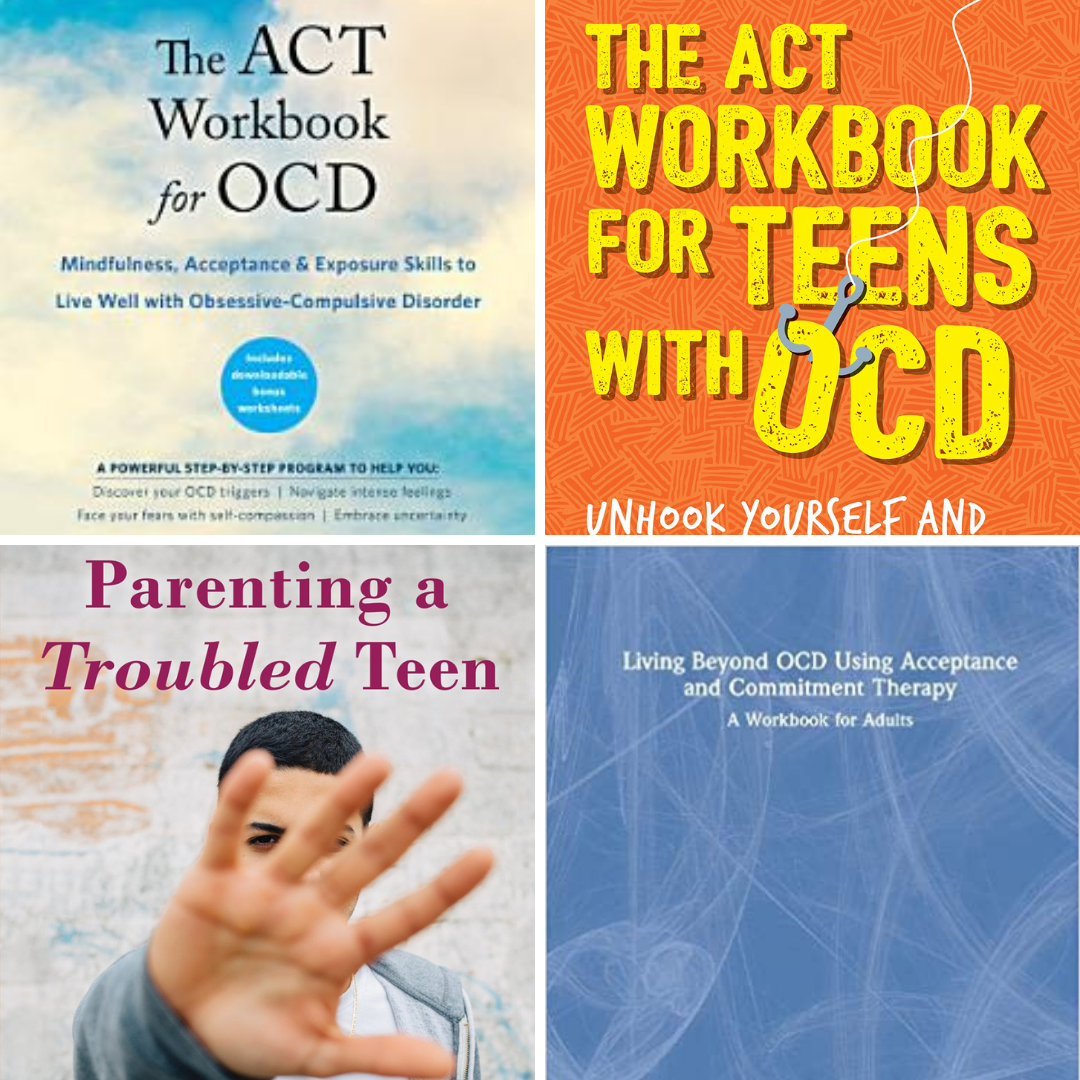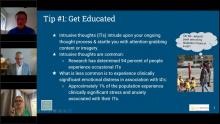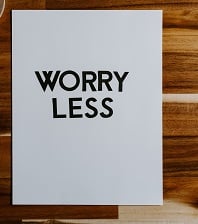
Worry is common. It becomes problematic when it is excessive, intrusive and constant. It's hard to turn off worry because it feels like problem solving. Learn how problem solving becomes a reinforcement loop and how to break that cycle.


Intrusive thoughts can create intense anxiety and lead to rumination for those who suffer from them. ADAA members Drs.
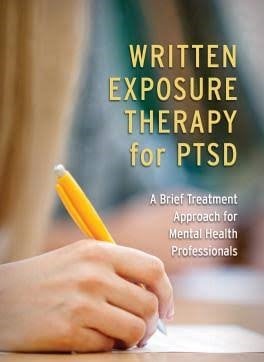
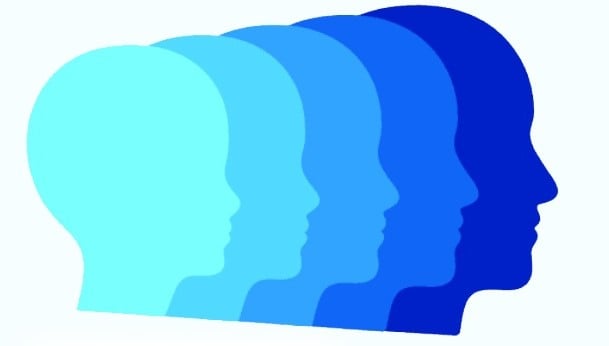
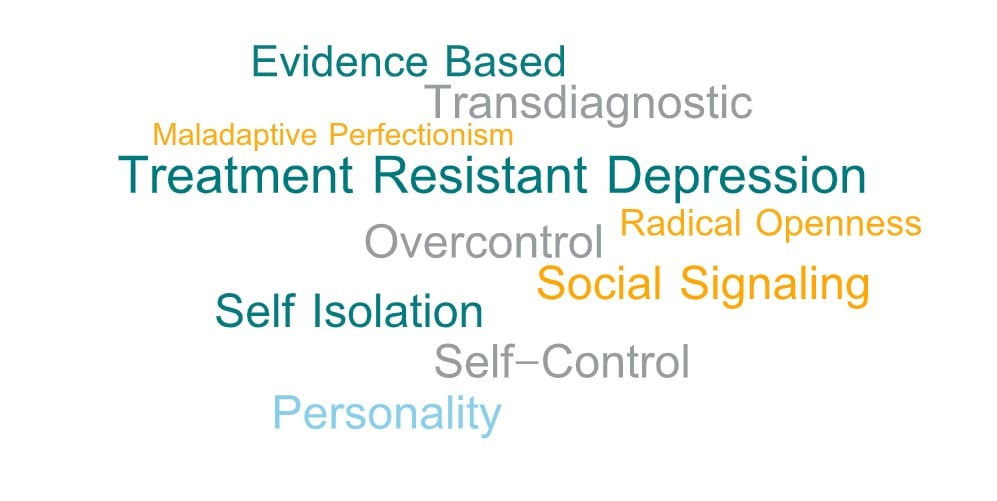



What does depression look like in yourself, in a friend or family member? What are the best treatments available now? What new treatments are on the horizon? Dr. Zachary Cohen is a clinical psychology researcher who focuses on these questions.
Resources noted in the webinar:
